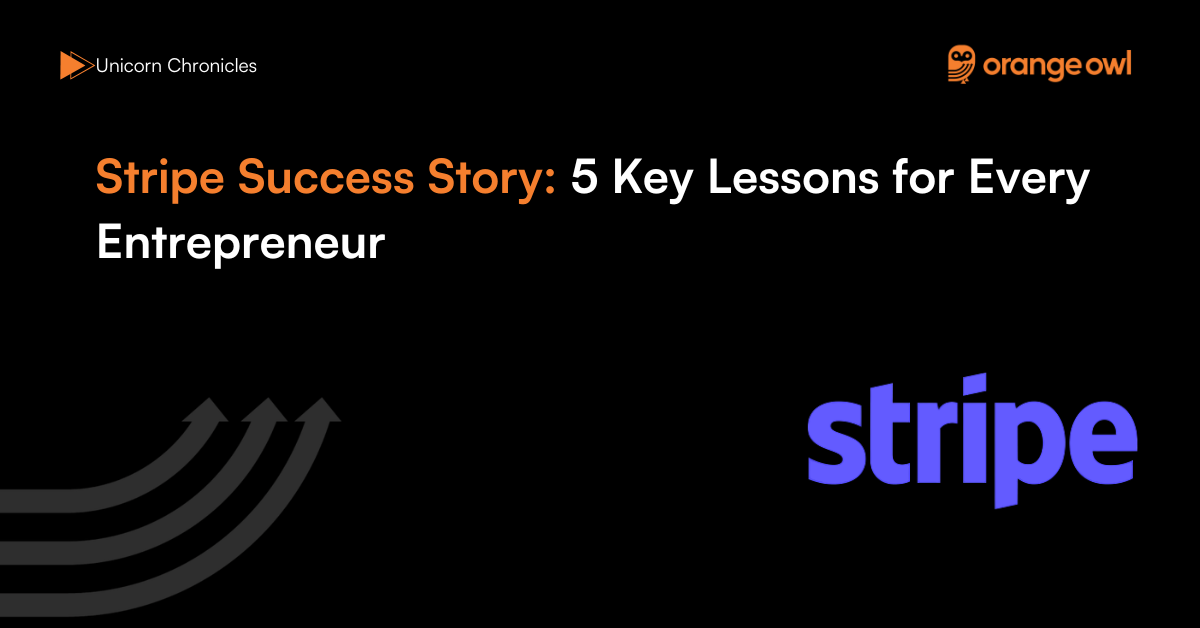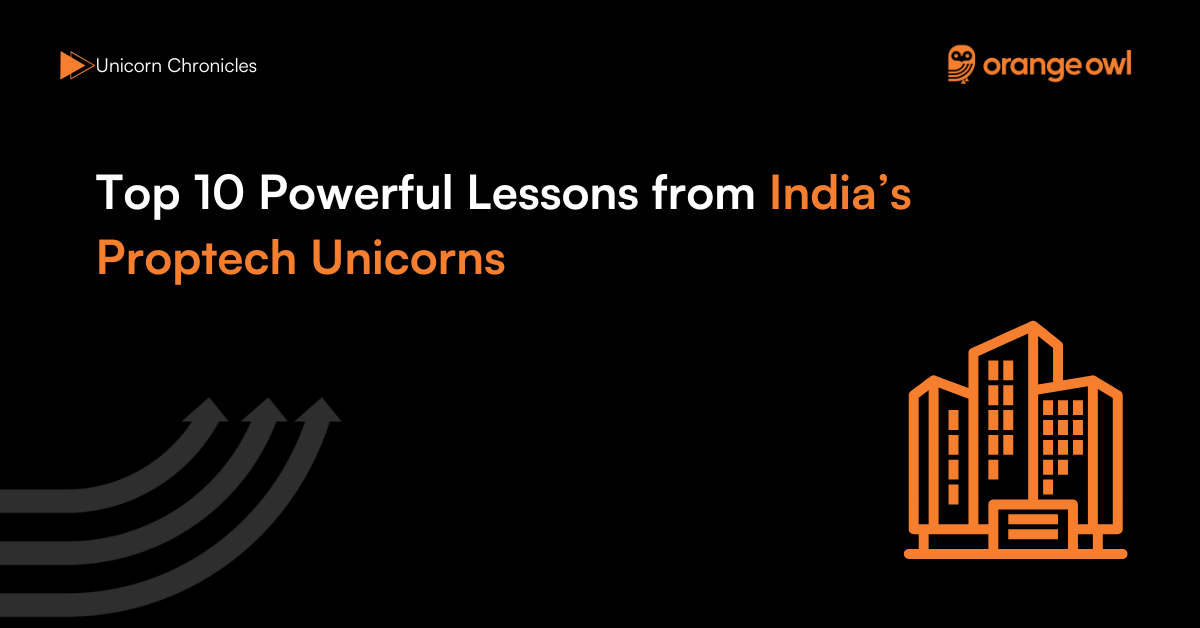Harnessing the Power of Social Proof in B2B Marketing: A Comprehensive Guide
Sreerama Murthy Tarapatla
July 9, 2024
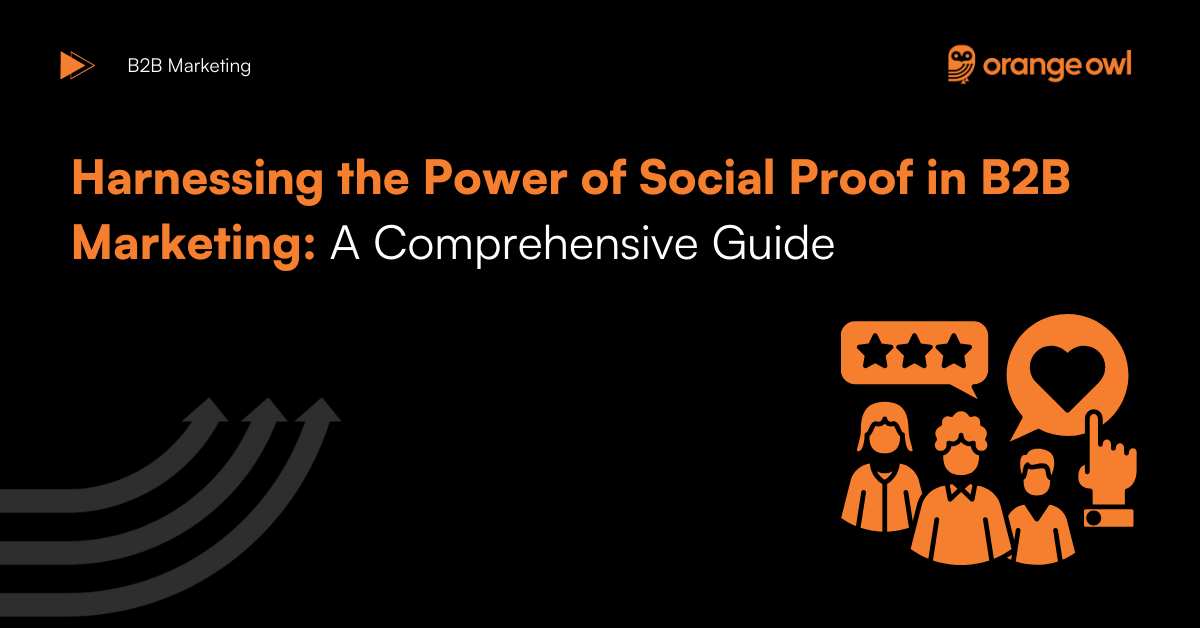
Table of Contents
In today’s competitive B2B landscape, establishing trust and credibility is paramount for any business looking to thrive. Social proof, a psychological and social phenomenon where people replicate the actions of others to undertake behavior in a given situation, is a powerful tool in the marketing arsenal, especially in B2B contexts. Here, we delve into what social proof is, its various types, and how it can be strategically integrated into B2B marketing efforts.
What is Social Proof?
Social proof is the concept that people are likely to engage in actions that they see other people, particularly their peers, engaging in. It stems from the principle of informational social influence, which states that individuals make decisions based on the information or cues they observe in others’ behavior, particularly in uncertain situations.
In marketing, social proof is utilized to influence potential customers by showcasing that other businesses have successfully used a product or service. This is especially effective in B2B marketing, where purchases can be high-stakes and require reassurance that the investment is sound.
Types of Social Proof in B2B Marketing: Detailed Explanations with Hypothetical Examples
In B2B marketing, social proof plays a pivotal role in establishing trust and credibility. Here’s an exploration of various types of social proof, each accompanied by a hypothetical example to illustrate its impact:
1. Customer Testimonials
What It Is: Personal accounts from satisfied customers that affirm the value of a product or service. Testimonials are effective because they reflect real-life applications and outcomes.
Example: Consider a software development company, DevSoft, using a project management tool, TaskMaster. A testimonial from DevSoft’s CEO might read, “TaskMaster has revolutionized our project delivery process, improving our on-time delivery rates by 40% within six months.” Featured on TaskMaster’s website and sales presentations, this testimonial provides a relatable success story for potential customers.
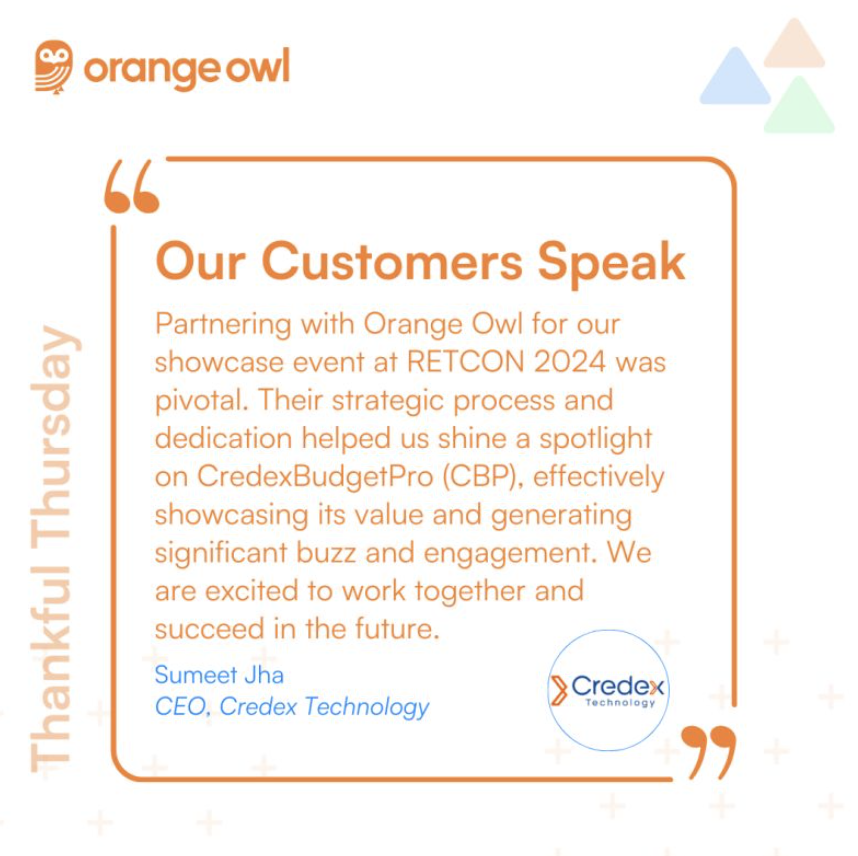
2. Case Studies
What It Is: Detailed examples of how a company successfully implemented a product or service, highlighting the challenges, solutions, and results. Case studies are particularly persuasive in B2B because they provide a roadmap of success that other companies can envision themselves following.
Example: A cloud storage provider, CloudSafe, publishes a case study about their collaboration with a mid-sized legal firm. The case study details how CloudSafe implemented a secure data environment that helped the firm achieve compliance with industry regulations and reduce data retrieval times by 50%. This serves as a compelling evidence of CloudSafe’s capabilities and the tangible benefits it offers.
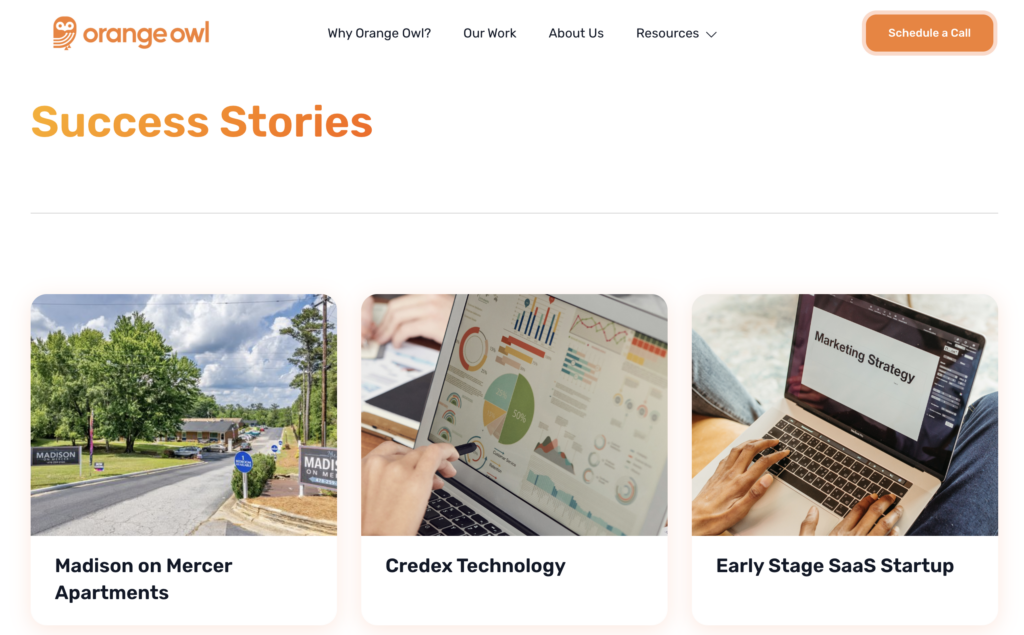
3. User Reviews and Ratings
What It Is: Collective endorsements or criticisms from users that are often aggregated into an average rating. B2B platforms like G2 or TrustRadius are popular sources where businesses seek out peer opinions.
Example: On G2, a CRM software company, ClientConnect, boasts a 4.5-star rating based on over 200 reviews. Prospective clients visiting the platform can quickly gauge the general user sentiment and read specific feedback about the software’s performance and customer support.
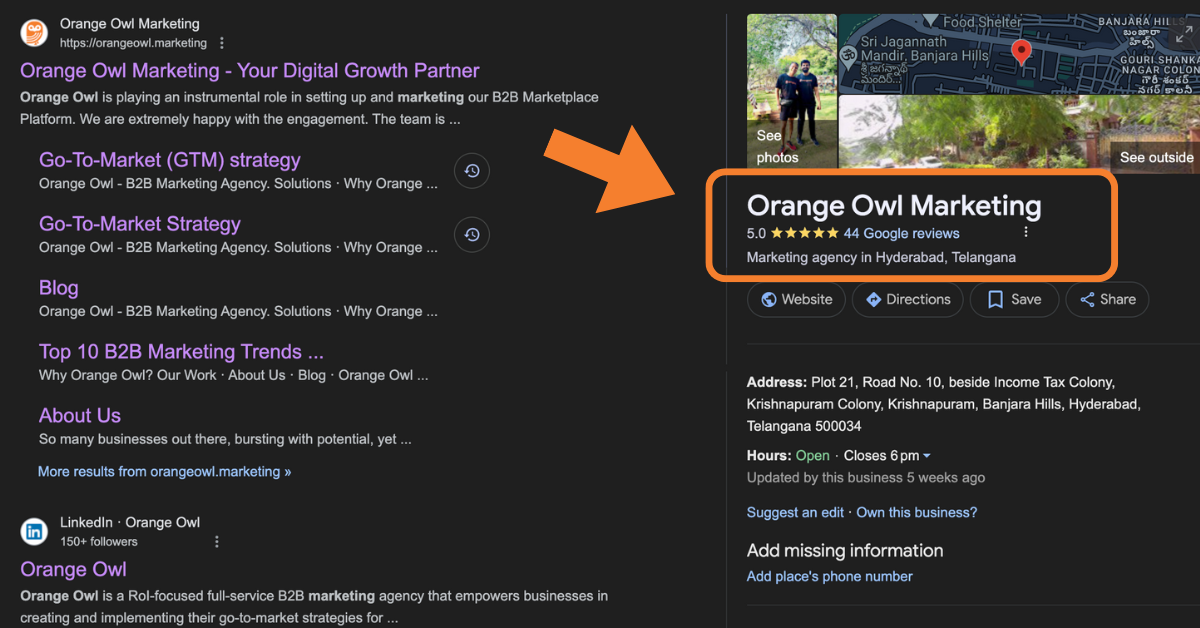
4. Expert Endorsements
What It Is: Approvals from credible experts in the industry can significantly enhance trust. These can come from well-known thought leaders or influencers within a specific field.
Example: An influential cybersecurity expert publicly endorses SecureNet, a new security software, during a widely viewed webinar. This endorsement boosts SecureNet’s credibility and increases its appeal to potential clients concerned with cybersecurity.
5. Media Mentions
What It Is: Coverage or mentions in respected publications or websites can boost a company’s credibility and attract attention from a broader audience.
Example: A startup specializing in AI-powered analytics, DataAI, is featured in a Forbes article discussing innovative technologies transforming data management. This mention not only enhances DataAI’s visibility but also solidifies its status in the tech community.
6. Client Logos
What It Is: Displaying logos of well-known clients on your website. This visual form of social proof leverages the brand recognition of prestigious companies to enhance your own.
Example: On its homepage, a marketing automation platform, MarketFlow, displays logos of top clients like Google, Amazon, and IBM, instantly communicating its widespread adoption and trust among leading global firms.
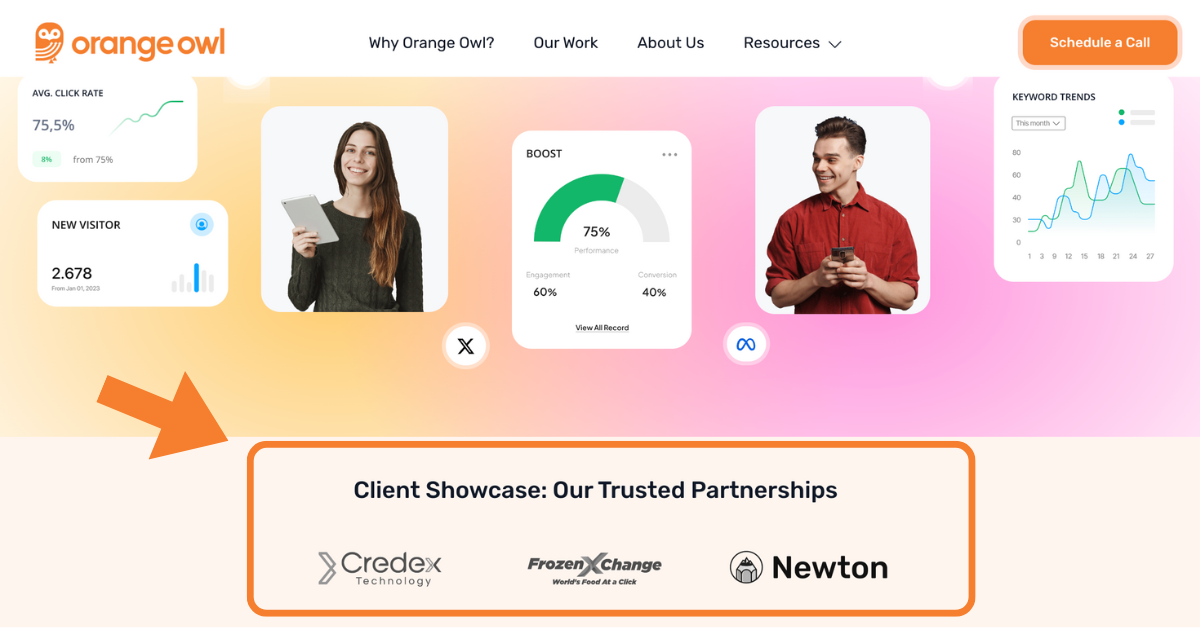
7. Awards and Certifications
What It Is: Recognition from industry bodies or awarding organizations that lends credibility and prestige to a business.
Example: An environmental consultancy, GreenSolutions, showcases its recent ‘Green Business Award’ and ISO 14001 certification prominently on its site, underscoring its commitment to environmental standards and excellence in its field.
8. User-Generated Content (UGC)
What It Is: UGC refers to any content—videos, photos, reviews, or testimonials—created by users rather than the brand itself. This type of social proof is invaluable as it reflects genuine customer experiences and endorsements.
Example: A B2B software company, TechTools, uses UGC by featuring customer-made tutorial videos and success stories on its website and social media. These videos not only showcase real-life applications of their products but also demonstrate how real customers solve real problems using their software, providing a relatable and effective endorsement.
9. Product Integrations
What It Is: Product integrations involve your software or services being integrated with other products to provide enhanced functionality. This shows that other reputable companies trust and value your product enough to integrate it into their offerings.
Example: CloudSync, a cloud storage solution, highlights its integrations with popular project management tools like Asana and Trello on its website. By demonstrating these integrations, CloudSync reassures potential customers that it seamlessly works with tools they likely already use, enhancing both utility and trust in its solution.
These examples illustrate how effectively leveraging different types of social proof can significantly enhance trust and credibility in B2B marketing, ultimately influencing decision-making and fostering business relationships.
Benefits of Social Proof in B2B Marketing
Social proof isn’t just a marketing buzzword; it’s a pivotal element that can significantly transform how businesses perceive and engage with your brand. Below, we explore the core benefits of incorporating social proof into your B2B marketing strategy:
Inspire Trust
According to BrightLocal’s 2022 Local Consumer Review Survey, 84% of consumers trust online reviews as much as personal recommendations. In the B2B context, where decisions are highly scrutinized, unbiased opinions from industry experts or satisfied customers can be incredibly reassuring.
Prospects seeing other businesses have successful outcomes with your service or product reduces uncertainty and fosters trust. This is why B2B SaaS companies prominently feature testimonials, reviews, and expert approvals on their websites.
Establish Credibility and Build Your Reputation
Consider the example of a company like Recruitee, which boasts nearly 200,000 customers. This substantial customer base inherently broadcasts credibility and builds a solid reputation within the industry.
For B2B companies, showcasing the number of customers or partners directly on their website can underline their market acceptance and reliability.
Give a Competitive Advantage
Imagine choosing between two products: Phone A with 150 positive reviews and a 4.8-star rating on Amazon, and Phone B with no reviews. Most would choose Phone A due to the proven user satisfaction.
Similarly, B2B purchasers often favor companies with ample positive testimonials and reviews over those with minimal or no feedback. The presence of robust social proof can sway the decision in your favor, providing a significant competitive edge.
Increase Site Traffic
BrightLocal’s survey also revealed that 50% of consumers visit a company’s website after reading a positive review. By promoting your customer testimonials, media mentions, case studies, and other forms of social proof across your website, social media, and newsletters, you can drive more traffic to your site. This not only enhances brand visibility but also increases the likelihood of converting visits into qualified leads.
Boost Conversions
Social proof can dramatically improve your marketing efforts’ conversion rates. A study by comScore highlighted this through A/B testing on a product landing page. The page version featuring client logos saw a 43% increase in conversions, while the addition of testimonials to the logos led to an 84% increase. This example underscores the potent impact of social proof on conversions, contributing to business growth.
Furthermore, incorporating social proof into your business proposals can significantly increase your chances of forming partnerships with other prominent B2B businesses, expanding your network, and enhancing market presence.
Leveraging Social Proof in B2B Marketing
Incorporating Testimonials and Case Studies
Testimonials and case studies are gold mines of credibility. They not only showcase your product’s effectiveness but also build trust by illustrating real-world applications. To make these elements as impactful as possible:
- Strategic Placement: Feature testimonials and case studies where they will make the most impact, such as on your product pages, landing pages, or even your checkout pages. For instance, a SaaS company may place testimonials from high-profile clients on its homepage and more detailed case studies on a separate, easily navigable section of its site.
- Video Testimonials: Consider using video testimonials to create a more personal connection. Seeing and hearing real clients talk about your product’s benefits can dramatically boost credibility.
- Quantifiable Success: Enhance case studies with quantifiable results, such as percentage increases in efficiency or revenue, to illustrate clear value.
Utilizing Reviews and Ratings
Online reviews and ratings are crucial as they provide prospects with unbiased opinions from fellow users. Here’s how to effectively use them:
- Encourage Reviews: Actively ask customers to leave reviews post-purchase. Automate this process by sending emails or push notifications prompting customers to review their purchases.
- Engage with Reviews: Regularly engage with these reviews, addressing both positive and negative feedback. This not only shows that you value customer input but also that you are committed to improving product and service quality.
- Highlight Positive Reviews: Feature top reviews in your marketing materials and on your website to showcase satisfied customers.
Expert Endorsements and Media Mentions
Endorsements from respected industry figures and media mentions can greatly enhance your brand’s stature. To maximize these opportunities:
- Cultivate Relationships: Build relationships with key industry leaders and influencers. Engage with them through social media, conferences, or direct outreach.
- Leverage Expert Content: Create content opportunities for experts such as guest posts on your blog or joint webinars. These activities not only provide valuable content but also endorse your brand through association.
- Press Releases: Regularly publish press releases to announce significant milestones or innovations, which can increase your chances of getting media coverage.
Showcasing Awards and Certifications
Awards and certifications serve as a testament to your company’s excellence and reliability. Here’s how to effectively showcase them:
- Dedicated Awards Page: Consider creating a dedicated page on your website where visitors can see all the awards and certifications your company has earned over the years.
- Use in Marketing Materials: Include relevant awards in your marketing materials, presentations, and proposals to underscore your commitment to quality and excellence.
- Announce Awards: Publicize new awards through press releases, blog posts, and social media updates to keep your audience informed and engaged.
Utilizing User-Generated Content (UGC)
Leverage content created by your users, such as success stories, images, or video testimonials. For example, a software company might use video testimonials from current customers discussing how their software solved specific business problems, providing proof of effectiveness and encouraging potential customers to convert.
Product Integrations
Showcase integrations with other reputable products to demonstrate compatibility and functionality. For example, a B2B software company could highlight its integration with major accounting software to show potential customers that it fits seamlessly into existing systems, adding layers of trust and utility.
By strategically leveraging these different forms of social proof, B2B companies can significantly enhance their marketing effectiveness, building a reputation that attracts and retains customers. Each method not only helps in establishing credibility but also differentiates your brand in a crowded marketplace.
Best Practices for Using Social Proof
- Authenticity is Key: Always use genuine social proof. Manufactured or fake claims can severely damage your brand’s reputation.
- Keep it Relevant: Tailor your social proof to speak directly to your target audience’s needs and concerns.
- Update Regularly: Keep your social proof up-to-date to reflect the current state of your customer satisfaction and product offerings.
Procuring Social Proof: Strategies and Best Practices for B2B Marketing
Here’s a comprehensive guide on how to procure each type of social proof in B2B marketing, complete with hacks, expert tips, and examples:
1. Customer Testimonials
How to Procure:
- Ask for Testimonials: Following successful project completions or significant milestones, reach out to clients for testimonials. Make it easy for them by providing a short, structured form or specific questions to answer.
- Expert Tip: Automate the request process by incorporating it into your project completion or follow-up emails.
- Example: A B2B CRM provider might solicit testimonials specifically highlighting how their tool improved sales processes or customer relations.
2. Case Studies
How to Procure:
- Select Strategic Projects: Identify projects that have had significant, measurable success and involve well-known clients willing to share their experiences.
- Expert Tip: Develop a template to streamline case study creation, focusing on problem, solution, and outcome.
- Example: A software company specializing in logistics could create case studies showing how their solutions decreased shipping times and costs for a major retailer.
3. User Reviews and Ratings
How to Procure:
- Encourage Reviews: Prompt customers to leave reviews post-purchase or service completion through email follow-ups or directly within your product.
- Expert Tip: Offer incentives like future discounts or contest entries in exchange for honest reviews.
- Example: An enterprise security software company could encourage reviews by offering a complimentary security audit for submitting feedback on a B2B platform like G2 or TrustRadius.
4. Expert Endorsements
How to Procure:
- Engage with Industry Leaders: Attend industry events or utilize social media to connect with influencers and thought leaders. Offer them a trial of your product in exchange for an honest review.
- Expert Tip: Provide experts with all necessary information about your product to ensure they can give informed and comprehensive feedback.
- Example: A fintech startup might seek endorsements from recognized financial analysts or popular financial bloggers.
5. Media Mentions
How to Procure:
- Press Releases: Regularly send out well-crafted press releases about newsworthy advancements or innovations.
- Expert Tip: Establish relationships with key journalists and editors within your industry.
- Example: A biotech firm might receive media mentions by announcing a breakthrough in medical research through targeted press releases.
6. Client Logos
How to Procure:
- Partnership Agreements: Include permission to use logos in your partnership or client agreements.
- Expert Tip: Use these logos on your website’s homepage or in sales presentations to quickly convey trust.
- Example: A cloud services provider could display logos of major tech firms they serve to enhance credibility.
7. Awards and Certifications
How to Procure:
- Apply for Industry Awards: Keep track of award timelines and criteria, and apply for relevant awards that align with your business achievements.
- Expert Tip: Highlight these awards in your marketing materials and social media to maximize visibility.
- Example: An environmental engineering firm might showcase awards from ecological watchdogs or innovation awards in green technology.
8. User-Generated Content (UGC)
How to Procure:
- Encourage Creation: Request customers to share their experiences online. Provide guidelines or prompts that help them create relevant content.
- Expert Tip: Run UGC campaigns or contests to motivate customers to share their content, offering prizes for the best entries.
- Example: A manufacturer of industrial equipment might encourage users to post videos of the equipment in action, showcasing its efficiency and ease of use.
9. Product Integrations
How to Procure:
- Form Strategic Partnerships: Identify potential partners whose products or services complement yours and propose integrations that offer mutual benefits.
- Expert Tip: Clearly demonstrate the added value of the integration to potential partners and users.
- Example: A software company could integrate its data analytics tool with popular ERP systems, showing a unified dashboard that enhances operational insights for users.
By strategically procuring and leveraging these types of social proof, B2B companies can significantly enhance their credibility and trustworthiness, leading to improved customer acquisition and retention.
Common Challenges and Mistakes in Using Social Proof in B2B Marketing
Incorporating social proof into B2B marketing can significantly enhance trust and credibility. However, businesses often encounter several challenges and make common mistakes that can undermine their efforts. Here’s a look at these pitfalls and the strategies to overcome them:
1. Inauthentic or Exaggerated Claims
Challenge: Businesses sometimes use fabricated testimonials or overly positive reviews that can seem too good to be true.
Solution: Always use genuine customer feedback. If you’re showcasing testimonials, ensure they are from real users and reflect truthful experiences. Transparency builds trust.
2. Irrelevant Social Proof
Challenge: Using social proof that does not resonate with the target audience can fail to make an impact. For example, endorsements from industries unrelated to the customer’s business might not be persuasive.
Solution: Tailor social proof to your audience. Use testimonials and case studies from similar industries or client segments to show relevance and increase relatability.
3. Overloading with Social Proof
Challenge: Bombarding potential customers with too much social proof can lead to decision fatigue, where the abundance of information confuses rather than clarifies.
Solution: Strategically place social proof where it makes the biggest impact, such as on landing pages, product pages, or during key decision-making stages in the customer journey.
4. Not Updating Social Proof
Challenge: Outdated testimonials, reviews, or case studies can misrepresent current offerings or fail to reflect the latest company capabilities.
Solution: Regularly update social proof to keep it relevant and reflective of your current state of service and product quality.
5. Lack of Diversity in Social Proof
Challenge: Showcasing only one type of social proof can limit its effectiveness, as different types of buyers are persuaded by different types of validation.
Solution: Utilize a mix of social proofs, including user reviews, expert endorsements, case studies, and awards to cater to diverse preferences and needs.
6. Neglecting Negative Feedback
Challenge: Ignoring or hiding negative reviews can suggest a lack of openness and hurt credibility.
Solution: Address negative feedback publicly and constructively. Show potential customers how you handle challenges and strive for continuous improvement, which can actually enhance trust.
7. Failing to Leverage Social Proof in Sales Conversations
Challenge: Many businesses only use social proof in marketing materials and overlook its power in direct sales engagements.
Solution: Train your sales team to use social proof effectively during conversations with prospects. Equip them with relevant case studies, testimonials, and data that can help overcome objections and close deals.
8. Ineffective Placement on Digital Assets
Challenge: Social proof that is hidden or placed on irrelevant pages won’t reach your audience effectively.
Solution: Place social proof prominently on high-traffic areas of your website, in marketing emails, and across social media platforms where it can catch the eye of potential customers.
By understanding these challenges and adjusting your strategies accordingly, you can maximize the effectiveness of social proof in your B2B marketing efforts. This not only builds credibility and trust but also significantly enhances conversion rates and customer loyalty.
Conclusion
In the world of B2B marketing, where decisions are scrutinized and deliberated, social proof can tilt the scales in your favor. By strategically using different types of social proof, you can substantiate your marketing claims and effectively convey the value of your products or services.
The integration of genuine, relevant, and diverse forms of social proof into your marketing strategy can not only enhance credibility but also significantly improve conversion rates and customer trust in your brand.

